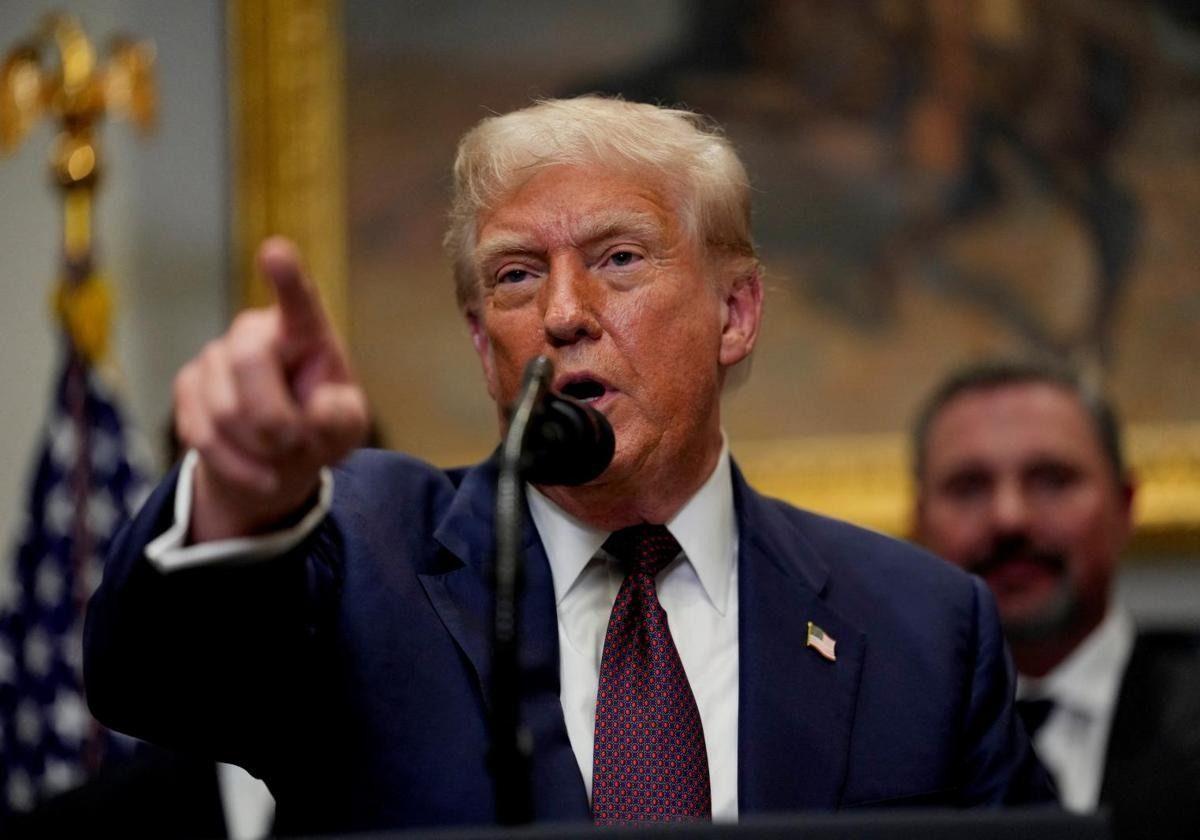The art of the deal
Certainty is not always preferable to uncertainty. That was one of the takeaways from the trade deal signed between the US and EU on Sunday
Mark Nayler
Friday, 1 August 2025, 11:50
Certainty is not always preferable to uncertainty. That was one of the takeaways from the trade deal signed between the US and EU on Sunday, which set a baseline tax of 15% on European goods exported to the States. The agreement was praised by some European leaders for ending a nascent trade war, sparked by Donald Trump's weaponised tariffs; but so far this year, the transatlantic standoff hasn't had any impact on Spain's economy, which continued to expand in the second quarter.
The only certainty now is that, from today, many European companies exporting to the US will face taxes more than three times higher than the average 4.8% rate that was in force before.
As one would expect from a property tycoon whose (ghost-written) books include the 1987 bestseller The Art of the Deal, Sunday's negotiations, held on Trump's golf resort in Scotland, were a masterclass in expectation-management. If you're threatened with a 30% tariff, as EU Commission president Ursula von der Leyen reportedly was at the beginning of the talks, then half that rate will seem appealingly low - especially as the second figure proposed was 21%.
(Incidentally, Trump's ghostwriter, the journalist Tony Schwartz, has claimed that working on The Art of the Deal was the biggest regret of his life: "I knew this was a bad guy when I did the book," he said in a 2019 interview).
Trump employed a classic negotiating tactic: go in high to get what you want. Anyone who's dealt with an averagely slippery estate agent or skillful haggler will be familiar with it.
Rather than feeling ripped-off, you come away from the transaction convinced that you've secured the bargain of the century. But you haven't. You've been played, fleeced, had. Despite the apparently generous discounts offered to you by the sharky estate agent or relentless market vendor, you've still overpaid.
One wonders why the EU Commission chief didn't see through Trump's strategy. As Hungarian premier Viktor Orban said, the US president "ate von der Leyen for breakfast". French prime minister Francois Bayrou concurred, writing on X that "It is a dark day when an alliance of free peoples, brought together to affirm their common values and to defend their common interests, resigns itself to submission".
Pedro Sánchez said he accepted the deal "without enthusiasm", even though the damage to Spain's economy is expected to be minimal (with the possible exceptions of the wine and olive oil industries).
But the German and Italian premiers expressed approval, saying that the agreement had spared the EU a much worse alternative.
Trump has split the bloc again, playing its members off against one another while netting billions of extra dollars in import duties.
The EU has just been schooled by a consummate con-artist, a seasoned master of the art of the deal.

Comentar es una ventaja exclusiva para registrados
¿Ya eres registrado?
Inicia sesiónNecesitas ser suscriptor para poder responder.
Necesitas ser suscriptor para poder votar.